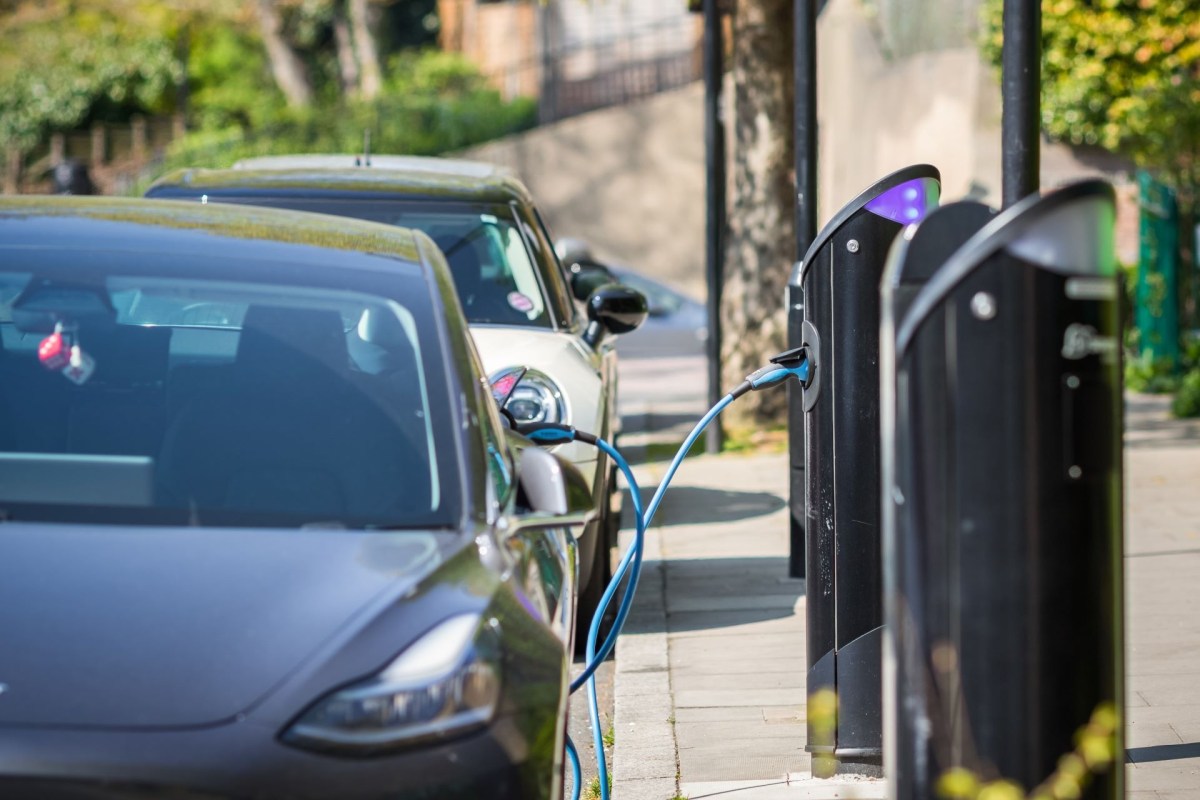You can get a significant tax credit for purchasing an electric vehicle, but before buying one, you may want to check that the model you buy fits the most recent requirements.
The EV tax credit may be worth up to $7,500, but the number of eligible vehicles just dropped due to tighter battery components and mineral standards. The U.S. Treasury Department recently released guidelines that EVs and consumers need to meet to qualify for the tax credit.
Almost all EVs that made the cut are manufactured in the U.S. Two days after the announcement, Volkswagen became the first non-U.S. automaker to be eligible for the full $7,500 credit with its ID.4 model. Several other EVs qualify for a partial $3,750 credit.
"The ID.4 is already one of the lowest-priced electric SUVs on the market, and the $7,500 federal tax credit makes it even more attainable," said Pablo Di Si, CEO of Volkswagen Group of America. "This shows that we made the right decision to localize production of the ID.4 in Tennessee and invest even further in battery production, components, and innovation. Every ID.4 sold supports thousands of American jobs and helps advance our goal of a carbon-neutral future."
The new restrictions are a result of the Inflation Reduction Act. The goals are to decrease the environmental impact of producing EVs, increase the number of jobs in the U.S., and minimize our dependence on other countries — mainly China — for mineral and battery processing.
China is the global leader in processing lithium, a metal used in EV batteries, with 60% of the world's refining capacity. It's also responsible for 13% of lithium mined in the world (behind only Australia and Chile).
EVs are eligible for a $3,750 credit for 2023 if at least 50% of the battery components are manufactured or assembled in North America. There is another tax credit of $3,750 for 2023 if at least 40% of the critical minerals are sourced from the U.S. or a trade partner. If the EV meets both standards, it's eligible for the whole $7,500.
Other factors in receiving a tax credit — which are all laid out on the IRS's website — include your adjusted gross income and the vehicle's manufacturer-suggested retail price.
The main hurdle for consumers looking to buy an EV is the cost, which is going down, but is still out of range for many people. These restrictions will make it more difficult for some people to make the switch to an EV, especially in the short term. But in the long term, pushing automakers to meet these standards will hopefully benefit the U.S., consumers, and our planet.
Notably, Tesla just cut the price of its Model 3, the only model that didn't meet the requirements for the $7,500 credit. Other automakers could make their own adjustments to stay competitive with EVs that are eligible for the credit.
Cars.com has a complete list of the EVs available for partial and full credit, but the list is likely to grow, so for the most current information, you can visit fueleconomy.gov.
Join our free newsletter for easy tips to save more, waste less, and help yourself while helping the planet.









